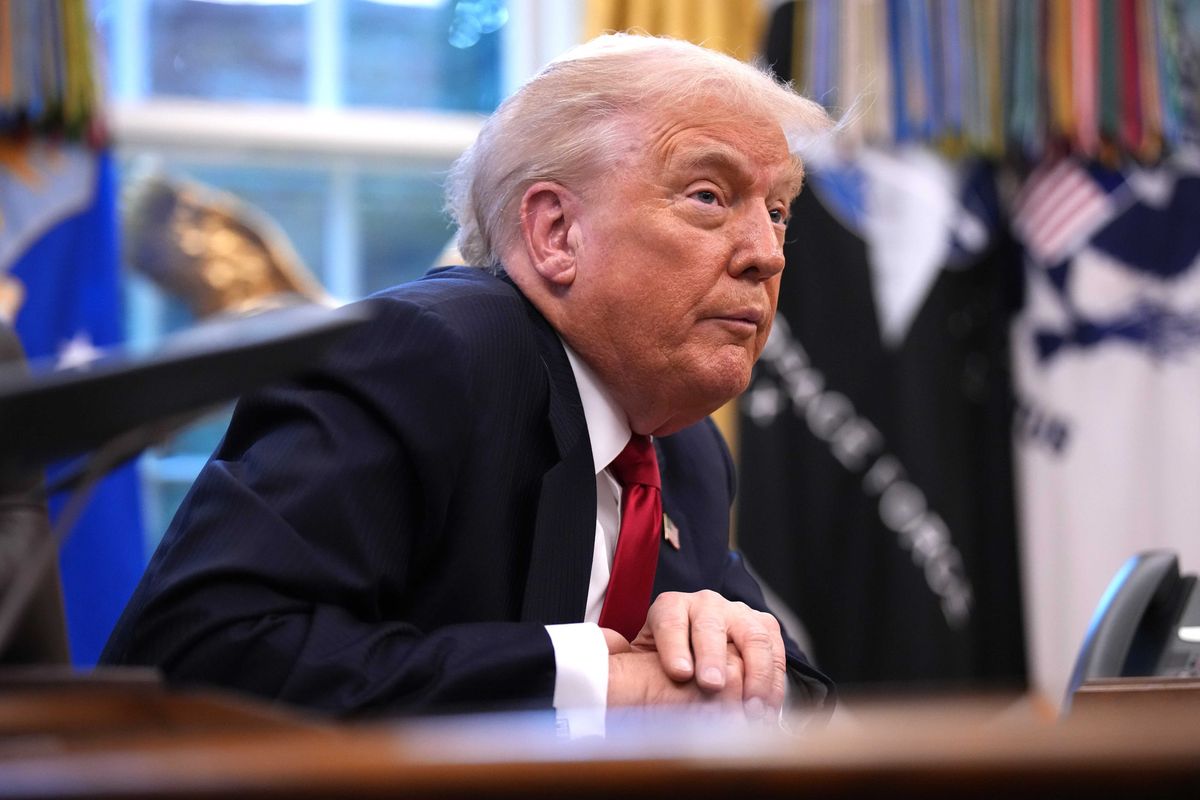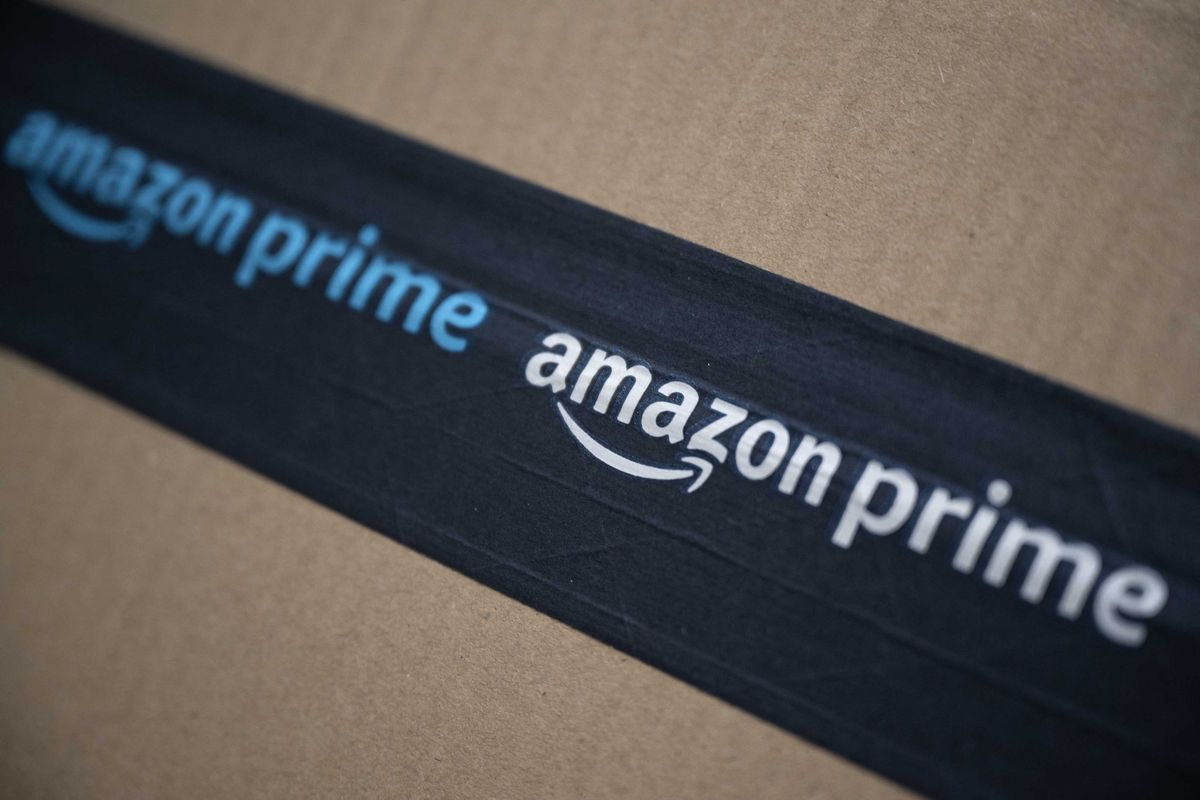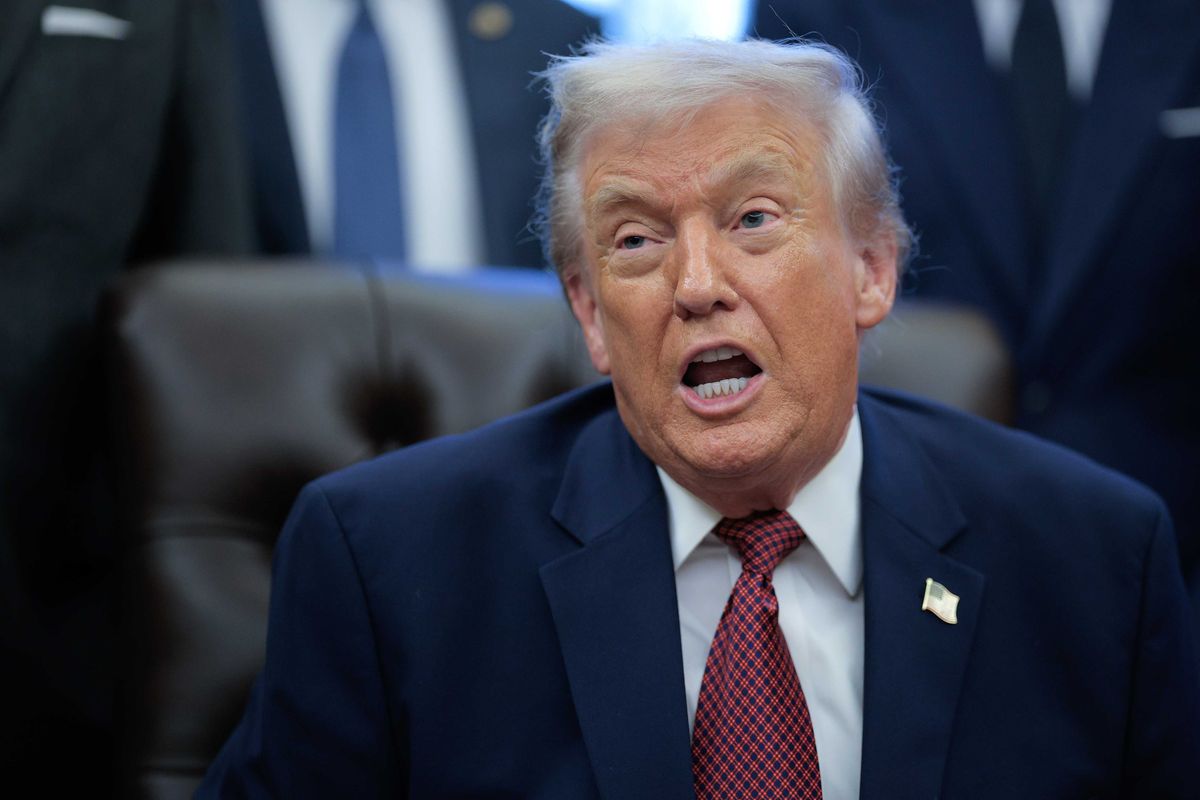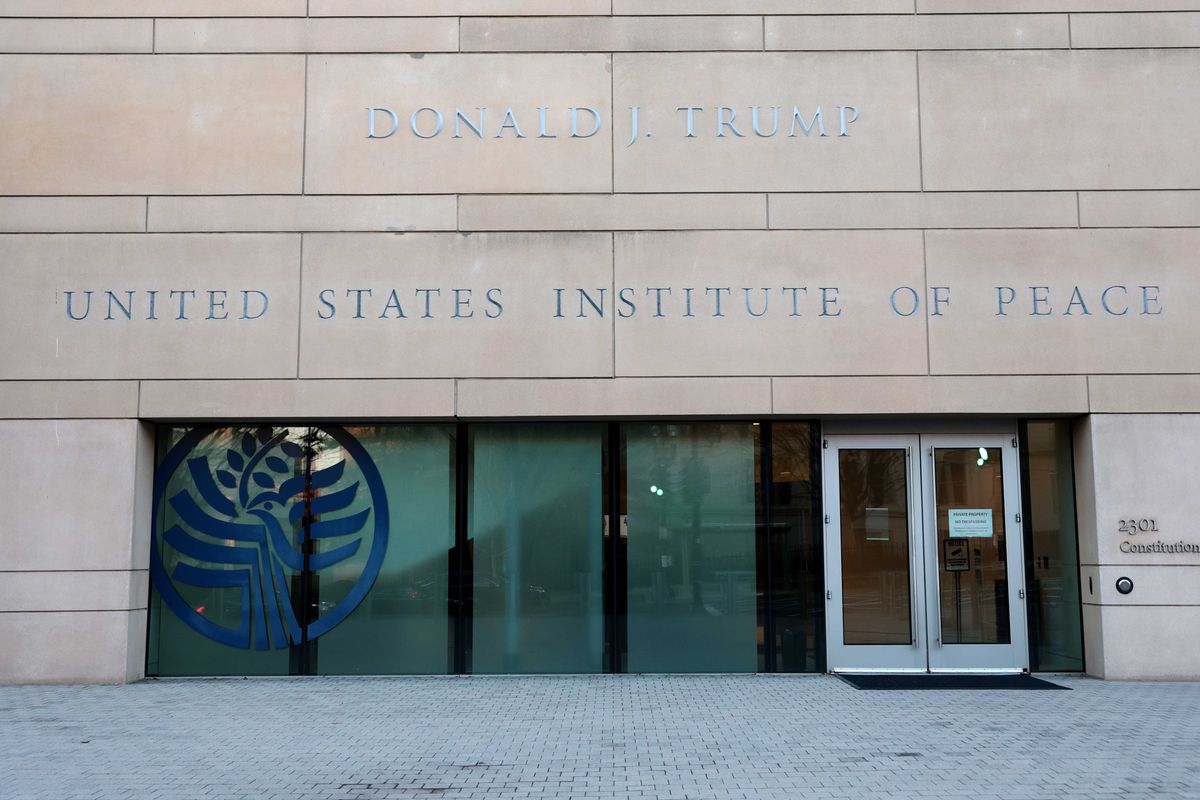Joanna Taylor
Jan 09, 2021
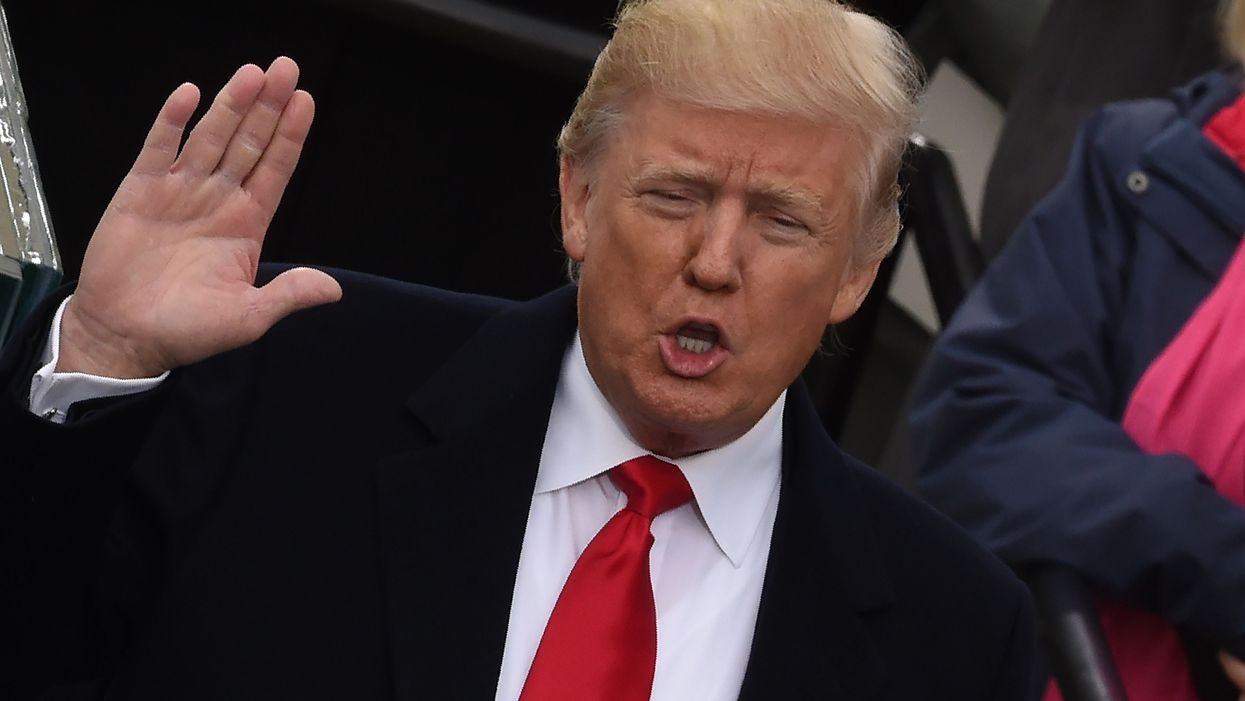
TIMOTHY A. CLARY/AFP via Getty Images
Donald Trump has signed an executive order banning eight Chinese apps in the United States.
The order claims that the US must take “aggressive action” against software with access to sensitive data in the interests of national security.
It goes on to claim that the information Chinese apps are able to collect could be used to “build dossiers of personal information” about government employees and contractors.
Among those banned is Alipay, a popular online payment app. It was founded in the mid-noughties by Jack Ma, the businessman whose whereabouts has been a subject of speculation since he criticised China’s national regulators in October.
In response to Trump’s executive order, a foreign ministry spokesperson accused the US of “bullying” and claimed that they were using national security as an excuse to hurt commercial competitors.
The spokesperson, Hua Chunying, went on to say that Beijing will take the “necessary measures” to protect Chinese companies.
Trump has tried to ban apps utilising Chinese software before. Executive orders aiming to ban TikTok and WeChat, also citing national security concerns, were blocked by US courts last year.
Trump’s battle with TikTok culminated when he threatened to ban it outright if a US buyer wasn’t named.
In the case of WeChat and the apps named in his most recent order, it is specifically transactions on the apps that are banned.
Those eight apps are:
1. Alipay
Third-party payment app with over 1.2bn users.
2. WeChat Pay
Integrated WeChat payment system.
3. CamScanner
Free document and photo scanner.
4. Tencent QQ
Instant messaging service, also known as ‘QQ’, with over 1bn users.
5. QQ Wallet
Affiliated mobile payment system.
6. SHAREit
Free app for transferring music, video and pictures.
7. Vmate
Video creator popular in India.
8. WPS Office
Free office suite made up of WPS Writer, Presentation and Spreadsheet.
The executive order tasks the Commerce Department with sorting out the order’s practical implementation within 45 days.
But when Joe Biden becomes president later this month, he will have the power to overturn the order in full.
It is not yet clear whether he will do so, but it is unlikely that the banned apps find that Trump’s directive will have the final word on their future in the US.
More: Is Trump’s longstanding distrust of TikTok coming to a close?
Top 100
The Conversation (0)






